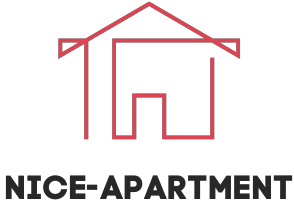The Pinel law is a tax reduction plan in case of purchase of new property for a rental commitment, which has for main characteristics a zero interest loan (abbreviated as “PTZ”) and a tax exemption plan. The tax reduction can be up to 63,000 euros (with, for example, an investment of 300,000 euros, for a rental commitment of 12 years). Specifically, the plan allows some owners to pay only 35 to 40% of the value of the property.
If you are planning on investing on real estate in Nice, know that, due to its success, the plan was renewed for four years, but less widely than in the first version, which ended on 31 December 2017: the geographical scope was limited. In areas where housing demand is strong, the plan will continue to apply, but only for new properties. This being the case, dwellings requiring major works (25% of the total cost of the operation, whether for sanitation, modernization or the creation of additional living space) are assimilated for tax purposes.
A version adapted for DOM-COM (overseas departments and communities) exists. In these territories, the system is more tax friendly. It allows 23% tax reduction six years, 29% for nine years of rental and 32% for twelve years, up to an investment of 300,000 euros. The maximum tax reduction is 96,000 euros for a twelve-year rental commitment. The rent ceilings and tenants’ resource conditions are not the same as in metropolitan France.
The tax reduction varies according to the duration of the rental commitment: it is 12% of the purchase price in case of lease for six years, 18% for nine years and 21% for twelve years. It can only concern two purchases maximum, with an annual limit of 300,000 euros (ceiling of 5500 euros per square meter).
Rents are also capped. They can be a maximum of 16.83 € per square meter to 10.07 €, depending on the area of purchase of the housing. The resources of eligible tenants are also capped. These ceilings must last for the duration of the lease. During the initial rental period, if the tenant leaves, the landlord has one year to conclude a new lease. It is possible to rent to an ascendant or a descendant without losing the benefit of the tax benefit.
If the owner resells the property during the lease commitment period, the income tax of the year of resale is increased by the tax reductions previously obtained.

